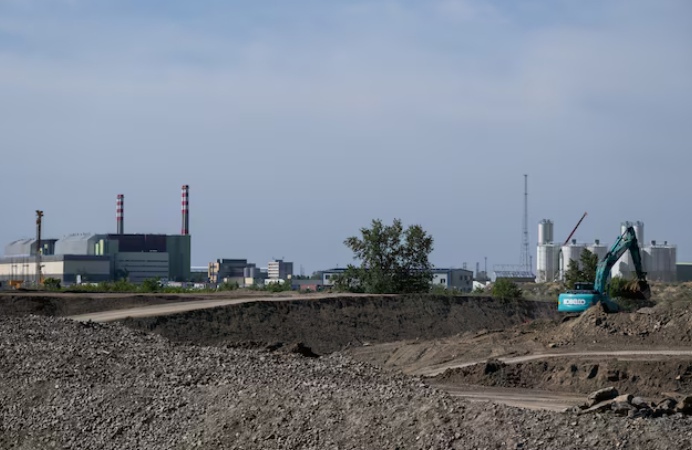The European Union has adopted the 14th package of sanctions against Russia due to military actions in Ukraine, the EU Council reports.
The measures include: restrictions against 116 individuals and legal entities; restrictions on the transit of Russian liquefied natural gas through European ports; sanctions against 27 ships from the “shadow fleet” used to circumvent the price ceiling on oil and oil products; a ban on supplies to Russia of manganese ore and rare earth element compounds, a number of types of plastics, electrical equipment and excavators; restrictions on helium imports from Russia; measures against the Bank of Russia’s System for the Transmission of Financial Messages (SPFS) – the Russian analogue of SWIFT; and a ban on boarding of aircrafts.
The EU also banned the purchase, import or export of Ukrainian cultural property if it is suspected that it was illegally exported from Ukraine.
Szijjártó’s warnings of the sanctions impact
Péter Szijjártó, Hungary’s foreign affairs and foreign trade minister, said that Hungary had ensured that the 14th package of EU sanctions did not affect the construction of the Paks-2 nuclear power plant.
Earlier, Szijjártó, who took part in a meeting with EU counterparts in Brussels, said that Budapest would not support the EU’s 14th package of sanctions against Russia in its current form because it contradicts Hungary’s interests in the energy sector.
The minister explained that the proposed measures would “deal a serious blow” to Hungary’s agricultural and food industry supplies to Russia, jeopardise payment methods for Russian energy supplies, and slow down and complicate the financing of the construction of the Paks-2 nuclear power plant under the Rosatom project.
All of this poses a risk to the country’s sovereignty, he said. Szijjártó stressed:
“Hungary will definitely not vote in favour of the 14th sanctions package in this form because it fundamentally contradicts our economic interests and jeopardises the security of energy supply.”
He reiterated that Budapest is generally opposed to the use of such punitive measures and considers Brussels’ sanctions policy a failure. He added:
“The thirteen sanctions packages that we have adopted so far have failed, and each of them has damaged Russia’s economy much less than Europe’s economy.”
